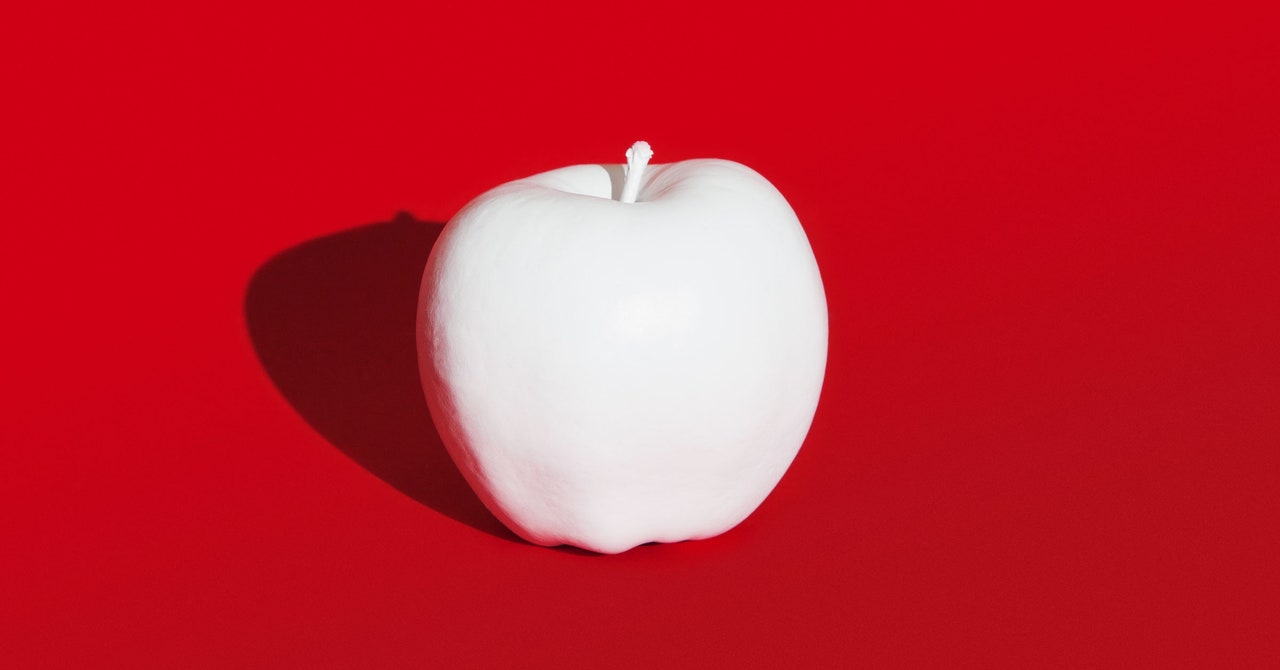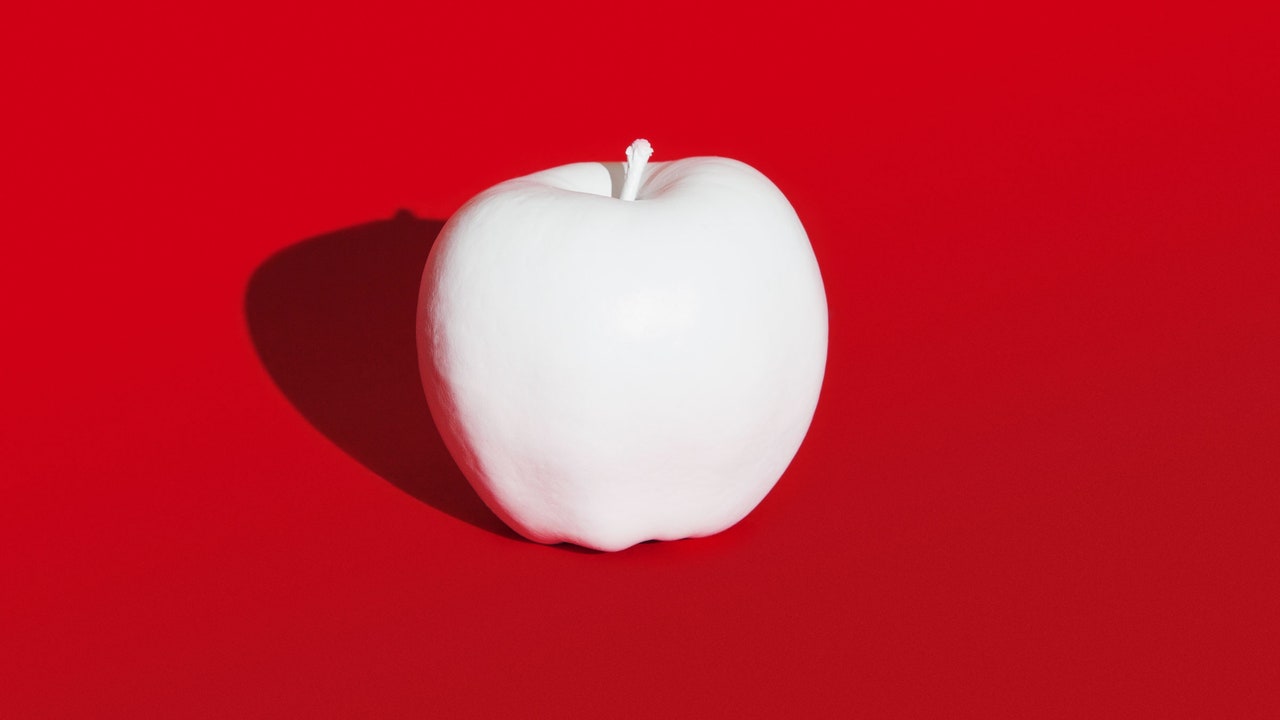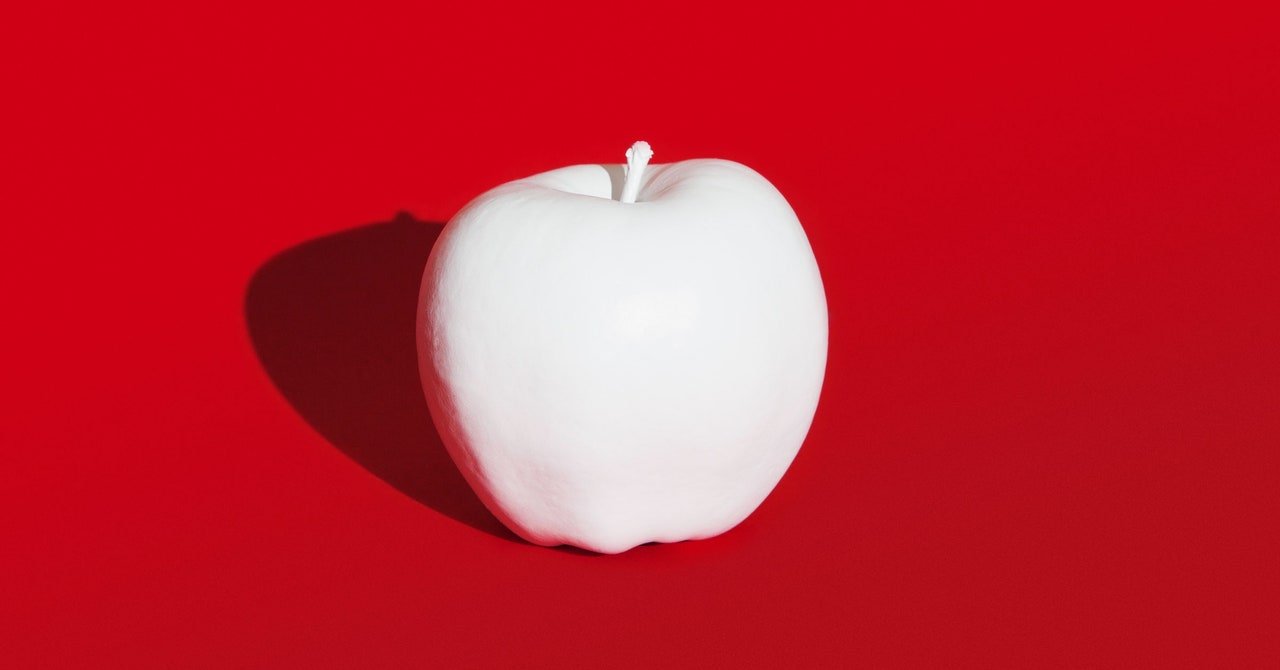Apple’s Weird Trademark Battle
Introduction

Apple’s pursuit to gain intellectual property rights over an illustration of a fruit has come to surprise Swiss fruit growers, but it’s part of a global trend. According to World Intellectual Property Organization, Apple has made similar requests to dozens of IP authorities around the world, with varying degrees of success. In Switzerland, the oldest and largest fruit farmers’ organization, Fruit Union Suisse, worries it may have to change its logo because of Apple’s strange trademark battle.
Apple’s Trademark Quest

Apple appears to move from protecting its bitten apple to owning rights to an actual apple fruit. The Cupertino-based tech giant is trying to gain IP rights for a realistic, black-and-white illustration of an apple, particularly the Granny Smith apple variety. Apple submitted an application to the Swiss Institute of Intellectual Property (IPI) in 2017, requesting IP rights for the Granny Smith apple variety. Last year, the IPI partially declined Apple’s request, citing the legal principle that common images of common objects should be in the public domain. Apple filed an appeal in the spring.
Varying Degrees of Success
Apple made similar requests in numerous countries worldwide seeking to own the IP rights to an apple fruit. Japanese, Turkish, Armenian, and Israeli officials agreed, but this move has come to surprise Swiss fruit growers, among others. Fruit Union Suisse’s logo has had a red apple with a white cross since 1910, and the group fears the need to redesign its logo if Apple gains the IP rights to the fruit.
Global IP Rights Industry

Apple’s pursuit of owning IP rights to a fruit and not just an illustration of its bitten apple speaks to the dynamics of a thriving global IP rights industry. Companies compete obsessively over trademarks, which they genuinely do not need, encouraging the race to patent almost everything. In almost all instances, it’s the largest companies that win, whilst smaller companies and farmers might lose out on the costs.
The Case in China
Apple’s encounter with a trademark dispute in mainland China is another example of the weird trademark battle. This time, the battle revolves around control of the iPad name in China between Apple and Proview Technology. Proview CEO claims that Apple negotiated for the iPad name with a subsidiary but did not buy the mainland China rights. Chinese authorities have seized iPads from local stores in at least two cities, and Proview is looking to ban exports of iPads made in the country unless Apple agrees to a vast settlement sum.
Conclusion

Apple’s trademark battle for a fruit logo that’s been used for more than a century is bizarre, and it’s unfortunate that smaller companies might lose out on the costs. It shows the extent to which companies are willing to go to compete over trademarks they don’t genuinely need. Apple’s encounter with a trademark dispute in mainland China over control of the iPad name is another example of the company’s weird trademark battle.
FAQ

1. What is Apple’s recent trademark battle about?
Apple is trying to gain IP rights to an illustration of an actual apple fruit, specifically the Granny Smith apple variety. This move has come to surprise Swiss fruit growers, among others, as Apple made similar requests to IP authorities worldwide, with varying degrees of success.
2. Why does Apple want IP rights to a fruit?
Apple’s pursuit to own the IP rights to a fruit, not just the company’s bitten apple, is reminiscent of the dynamics of a thriving global IP rights industry. Companies compete obsessively over trademarks, which they don’t genuinely need.
3. What happened with Apple and Proview Technology in China?
Apple and Proview Technology had a trademark dispute over control of the iPad name in mainland China. Chinese authorities seized iPads from local stores in at least two cities, and Proview is looking to ban exports of iPads made in the country unless Apple agrees to a vast settlement sum.
4. What are the implications of Apple’s trademark battle?
It’s unfortunate that the costs of the trademark battle might disadvantage smaller companies. Apple’s efforts to gain IP rights to an illustration of a fruit speak to the extent to which companies are willing to compete over trademarks they don’t need.
5. When is Apple expected to launch the Pixel 8 and Pixel 8 Pro?
Apple’s main numbered phones almost always launch in October of their release year, except for the Pixel 5, which was unveiled on September 30, 2020. Therefore, the Pixel 8 and Pixel 8 Pro are likely to be unveiled in either early or mid-October 2023.

